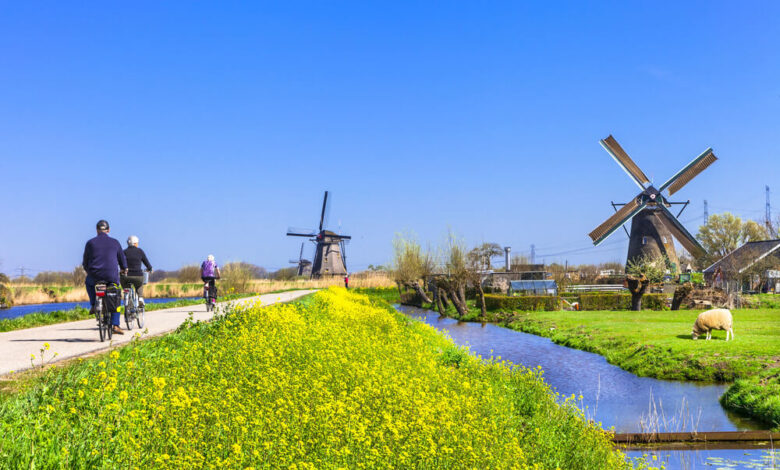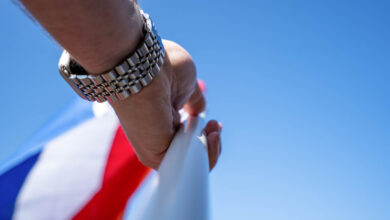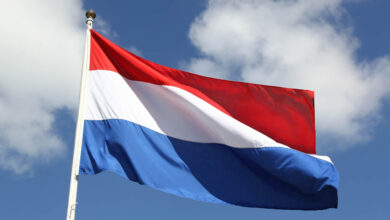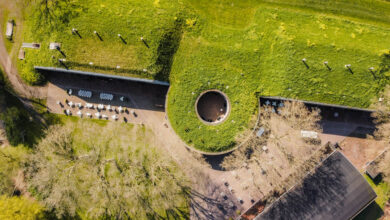
Why are people from the Netherlands called Dutch?
Have you ever wondered why people from the Netherlands are called Dutch? It’s a curious term that seems unrelated to the country’s name, leaving many scratching their heads. The answer lies in a fascinating journey through history, language and shifting identities. From ancient Germanic roots to political changes in Europe, the story of how “Dutch” became the term for the Dutch people is as rich and complex as the Netherlands itself. Here’s how it came about:
Old Germanic roots
The word “Dutch” originates from the Old High German word diutisc, which meant of the people or belonging to the nation. It was used to differentiate the local Germanic vernaculars from Latin, which was the language of the educated and clergy during the Middle Ages.
Middle Ages
In the Middle Ages, what we now consider modern-day Germany, Austria and the Netherlands were part of a loosely connected region called the Holy Roman Empire. The people in this region referred to their language and themselves as Dietsch, Duits, or similar variations, which all stem from diutisc.
The English adaptation
When English speakers encountered these people, they adapted the word Dietsch or Duits into “Dutch.” At the time, the word “Dutch” was broadly used by English speakers to describe all Germanic-speaking people in the Low Countries (modern-day Belgium, Luxembourg and the Netherlands) as well as those in what is now Germany.
Divergence of terms
Over time, as distinctions between regions became clearer, English speakers began using “German” to describe the people from the area that became Germany, while “Dutch” remained associated with the people of the Netherlands.
Political and historical factors
The Netherlands emerged as a distinct political entity during the late 16th and early 17th centuries following its independence from Spanish rule (the Eighty Years’ War). The use of “Dutch” for the people of the Netherlands solidified during this period.
Why not “Netherlandish”?
While “Netherlandish” and “Netherlander” could be alternatives, “Dutch” was already in use by the time the Netherlands gained prominence as a nation. It stuck, likely because of its linguistic roots and established usage in English.



